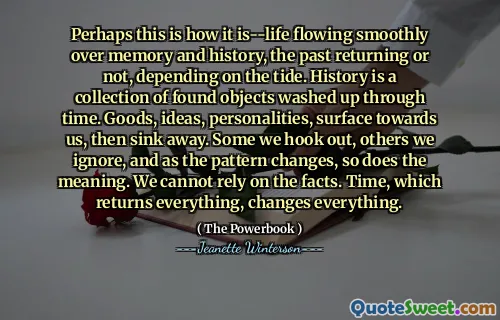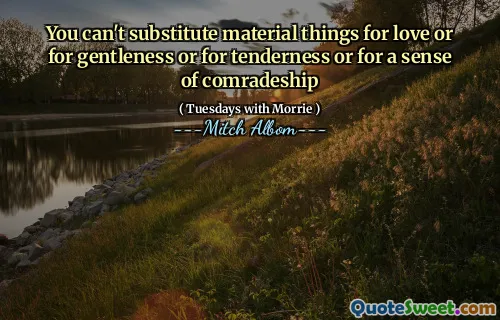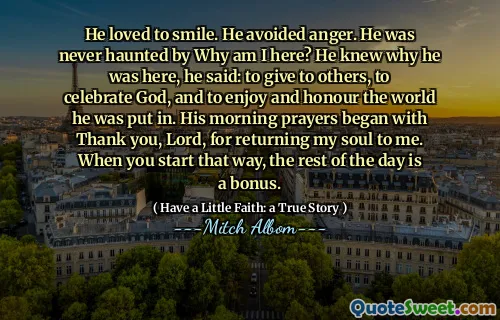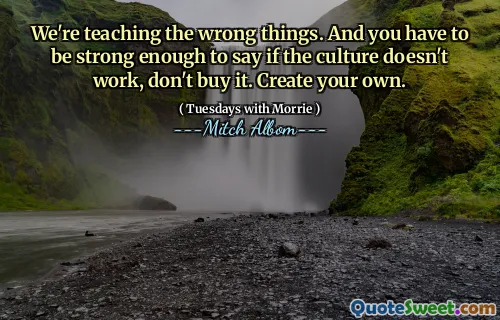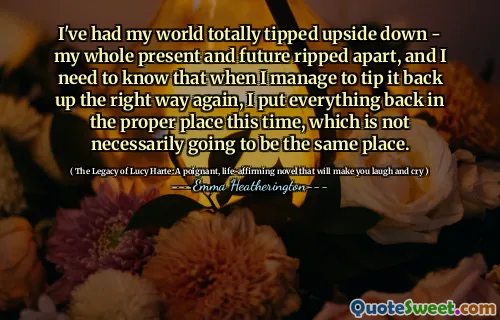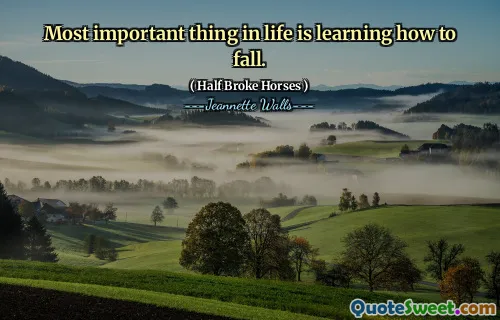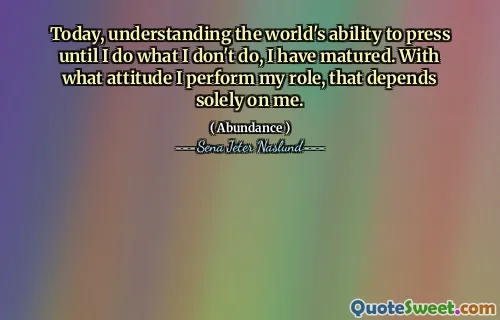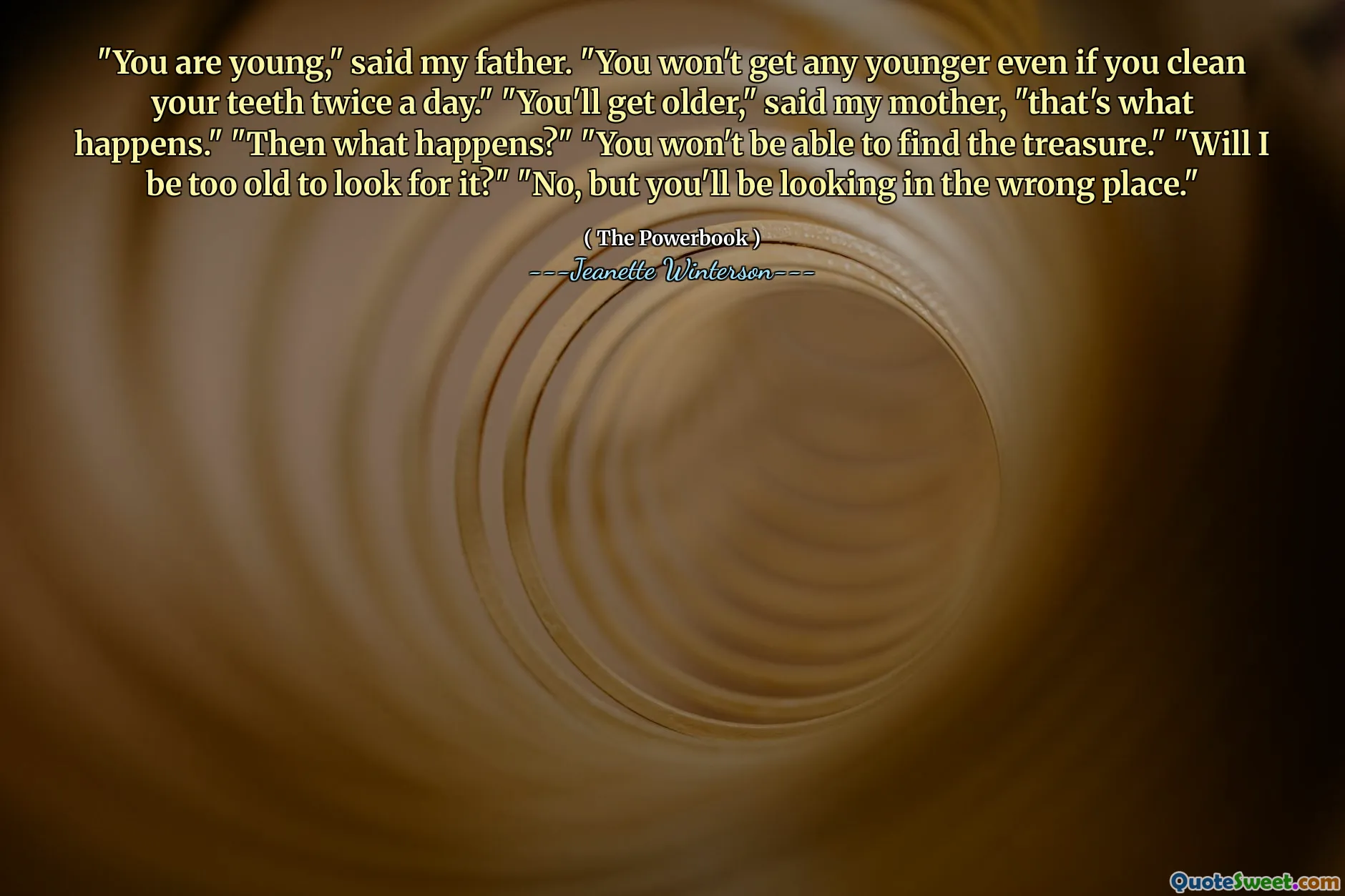
"You are young," said my father. "You won't get any younger even if you clean your teeth twice a day." "You'll get older," said my mother, "that's what happens." "Then what happens?" "You won't be able to find the treasure." "Will I be too old to look for it?" "No, but you'll be looking in the wrong place."
This quote from Jeanette Winterson's The Powerbook eloquently touches on the poignant themes of youth, aging, and the search for meaning or treasure in life. It begins with a straightforward, almost practical reminder about the inevitability of aging—the father's words emphasize that certain aspects of life, such as the passage of time and the process of growing older, are unstoppable regardless of one's habits or attempts to maintain youthfulness. The mother's response introduces the idea of the eventual consequences of aging: the inability to find "the treasure."
What is intriguing and deeply philosophical about this exchange is the suggestion that aging itself isn’t the obstacle to discovering this treasure but rather that looking in the wrong place prevents one from finding it. This can be interpreted metaphorically in multiple ways: the treasure might represent life's true joy, purpose, knowledge, or fulfillment. The real challenge, therefore, lies not in the physical limitation of time but in one's perceptions, beliefs, or approaches to life.
The dialogue encourages reflection on how we perceive aging as a barrier. Despite the ticking clock, the quote warns us more subtly about misdirection—chasing superficial goals or external validations might lead one away from what genuinely matters. It also suggests that youthful innocence or vitality is not the essential ingredient for discovery; instead, it is where or how we seek that holds the key.
Further interpretation might delve into the symbolic roles of the parents: the father represents the biological inevitability, and the mother, psychologically more attuned, draws attention to existential outcomes. This balanced perspective challenges readers to reconsider their own priorities and the ways they invest their time and energy. It’s a call to examine the "places"—physical, mental, emotional, spiritual—where we search for meaning and to adapt as life unfolds.
In essence, Winterson crystallizes a universal truth about human life: growing older is unavoidable, but growing wiser means recognizing that real discovery comes not from clinging to youth or conventional pursuits but from evolving one's understanding and approach to the world. It invites us to look beyond the obvious, to question our assumptions, and to explore new directions in the quest for our personal treasures.
